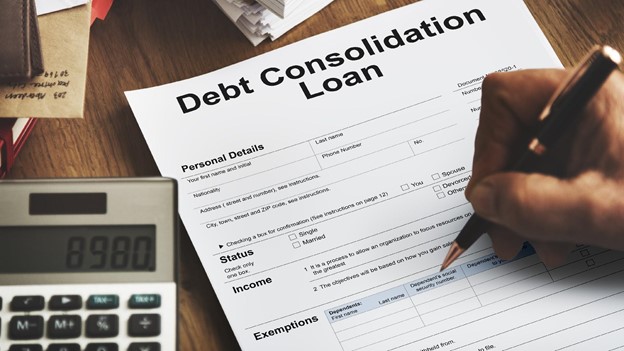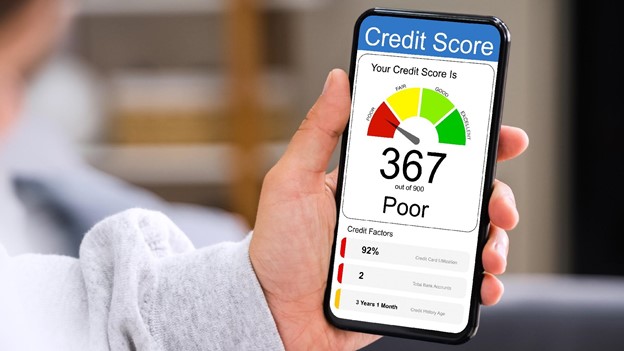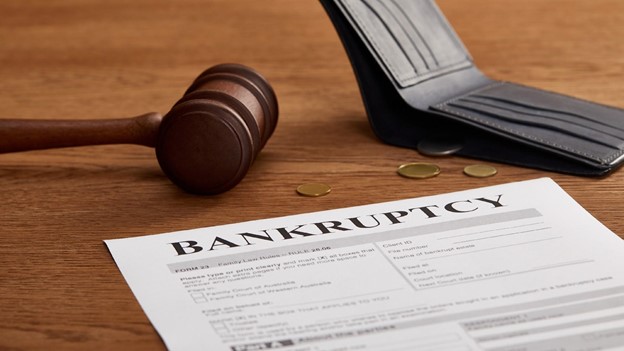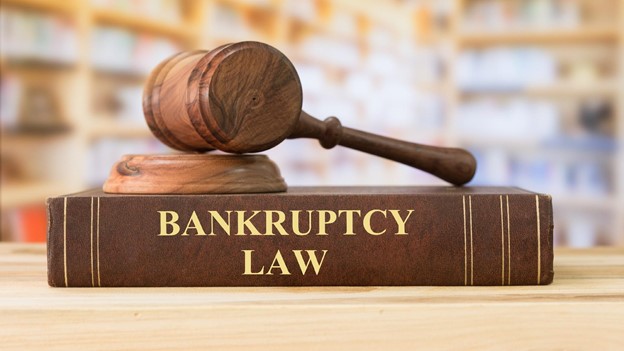
Debt consolidation can be an effective solution to help you get a handle on your finances and save money on interest. However, it’s important to carefully assess your financial circumstances to determine whether it’s a debt relief option that will benefit you. Speaking with a Texas debt attorney about how to approach your unique financial needs can help you make informed decisions that make practical sense.
What Is Debt Consolidation?

Debt consolidation is when a consumer takes out a new loan to pay off existing debts such as credit card debt, student loans, auto loans and personal loans. If the new loan has a lower interest rate than the existing loans, you can save a significant amount of interest every month, which may allow you to pay off your debts more quickly. A debt consolidation loan may have a longer term, which lowers your monthly payment. If you qualify for a decent interest rate and want to give your credit score a boost, debt consolidation can be an effective way to pay down debt.
How Does Debt Consolidation Work in Texas?

There are several ways to consolidate debts so you have one monthly payment. Two important things to take into consideration before you decide to go ahead with debt consolidation are your income and ability to make payments and the type of assets you own. If you have the income to pay off a loan, you may want to take out a personal loan for the total amount of the debts you want to pay off. However, if you don’t qualify for a lower interest rate than you’re already paying on your credit cards and existing loans, this option may end up costing you money.
Some debt consolidation loans are secured by assets, such as the equity in your home. Using your house as collateral is a serious commitment. If you’re considering consolidating your debt by applying for a second mortgage or a home equity line of credit, keep in mind that your lender could foreclose on your home if you get behind on payments. When shopping for any debt consolidation loan, make sure to carefully compare loan terms, interest rates and fees.
Are Credit Card Balance Transfers a Good Way to Consolidate Debt?

It can be hard to resist credit card offers that seem to provide an easy solution for paying down debt, especially when they offer a very low or 0% interest rate for an extended period of time. However, it’s vital to pay attention to the fine print before transferring all of your balances to one card. Transfer fees can be quite high, and if you happen to miss a payment, your interest rate may skyrocket, leaving you with even more debt than you had before.
You should also be confident in your ability to pay off the entire balance before the balance transfer interest rate expires. For example, if a card offers 0% interest for 12 months and you have $12,000 in credit card debt you want to pay off, you would need to make payments of at least $1,000 per month to pay it off with no interest. If you’re unsure of whether you’d be able to make all of the payments within the specified term, it’s probably best to consider other debt relief solutions.
My Credit Score Isn’t Great. Is Debt Consolidation Right for Me?

The short answer? Probably not. Unless you have good credit, it’s unlikely you will qualify for a low-interest debt consolidation loan. Although streamlining payments can make things easier, a debt consolidation loan with a high interest rate can put you in a worse financial situation.
You may be better off having a Texas credit lawyer help you negotiate debt settlement amounts. Debt settlement lets you negotiate a lump-sum payment that each of your creditors will accept instead of paying your total remaining balance.
However, if you use a debt settlement company, they may charge a 15% to 20% fee of the total amount of your debt. Debt settlement will also ding your credit because you are not paying the full amount you owe directly to creditors. If you don’t have a high credit score but want to get your debt under control, filing bankruptcy in Texas is another option to consider.
Pros and Cons of Debt Consolidation

There are benefits and drawbacks to almost every financial decision you make, and debt consolidation is no exception. Understanding the pros and cons of debt consolidation before jumping into anything is critical.
Pros
- Debt is easier to manage because it’s streamlined into a single monthly payment.
- It may lower your overall interest rate and save money in the long run.
- It can lower your monthly debt payments by extending the term of the loan.
- Fixed loan payments can help you pay off credit card debt faster.
Cons
- Lenders may charge loan origination, closing and balance transfer fees.
- You may have to put up your home as collateral.
- You may not qualify for a lower interest rate if you have a poor or average credit score.
- A longer repayment period may mean you end up paying more interest over time.
- Consolidation may not help you change your approach to money management, which can lead to incurring more debt in addition to your consolidation loan.
Is Bankruptcy Right for Me?

In many cases, filing Chapter 13 or Chapter 7 bankruptcy is an effective alternative to debt consolidation. Chapter 13 bankruptcy usually lets you keep your home and vehicles and restructures some or all of your debts into a payment plan that is repaid over three to five years.
Chapter 7 can completely wipe out credit card and medical debt and give you a fresh start. Regardless of the type of bankruptcy, eliminating or reducing a good chunk of your debt can make it easier to keep up with daily living costs such as rent, utilities and groceries.
Although bankruptcy will impact your credit score and stay on your credit report for a number of years, it can be a good learning experience. Credit counseling is a required step in the bankruptcy process and can teach you how to build positive money management and budgeting skills. Once you get on solid financial footing, you may even be able to start saving for a rainy day.
How Can a Bankruptcy Lawyer Help?

Each person’s situation is unique. Consumer credit and bankruptcy laws in Texas are complex, so talking with an attorney before you act on loan consolidation or bankruptcy is essential. Seeking the advice of a skilled Dallas bankruptcy lawyer can help ensure your rights and interests are protected. An attorney will do a comprehensive review and analysis of your finances and walk you through the pros and cons of various options.
Contact a Dallas / Fort Worth Debt Lawyer to Learn More

The debt attorneys at Leinart Law have more than 15 years of experience helping Texans find solutions that improve their finances and quality of life. If you’re in Dallas or Fort Worth, you can email us or use the convenient chat feature on our website to get in touch for a free case evaluation. We’re proud to serve clients throughout North Texas.


